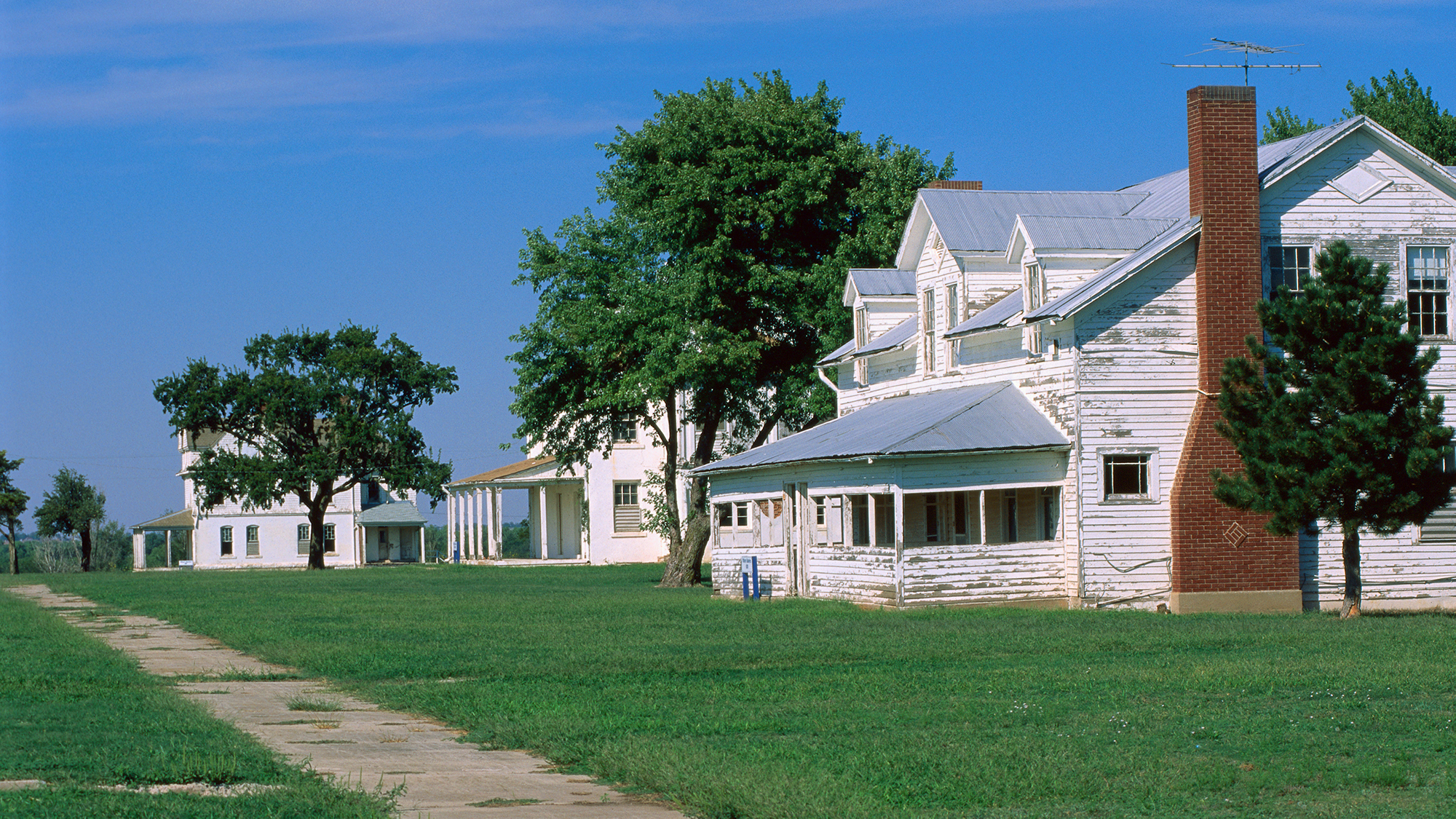Digital Divide Means Justice Denied: Report
Move to online legal services leaves disadvantaged on outside

The smarter way to stay on top of the multichannel video marketplace. Sign up below.
You are now subscribed
Your newsletter sign-up was successful
The digital divide, widened by the pandemic, is a literal injustice to those without equitable access to broadband, according to a new study.
The study, Cut off From the Courthouse: How the Digital Divide Impacts Access to Justice and Civic Engagement, was conducted by Next Century Cities (NCC) in collaboration with the Samuelson Law, Technology, and Public Policy Clinic at the University of California, Berkeley’s School of Law.
The study looked at the impact that lack of broadband access had on access to legal services, many of which moved online during the pandemic and are likely to stay there. Among its conclusions are that remote hearings should be optional because while they increase access, they also can exclude those without digital access.
It also suggests that legal services providers should become ambassadors for the various low income broadband subsidies -- the FCC, Commerce, and the USDA all have such programs -- and community broadband programs available, saying they are an "overlooked touchpoint."
Also: NTIA: Closing Digital Divide Is Job One
Mobile broadband is not high on the group's legal services access chart, either. "Mobile internet service and devices are not sufficient for equitable access to courts, legal services, government proceedings, and public benefits," it concludes.
The study, which was based on interviews with public defenders, family attorneys, public officials, community organizers, and others, was released Monday (March 28) in advance of NCC's March 29 Bipartisan Tech event.
The smarter way to stay on top of the multichannel video marketplace. Sign up below.
“The increase in exclusively online services accelerated by the pandemic has left a lasting mark on the way that residents across the U.S. participate in democracy, access public services, and exercise their rights in court," said NCC Senior Policy Counsel Corian Zacher. "Without equitable connectivity to accompany the transition, barriers to legal and civic participation will continue to pose insurmountable obstacles for already disadvantaged residents." ■
Contributing editor John Eggerton has been an editor and/or writer on media regulation, legislation and policy for over four decades, including covering the FCC, FTC, Congress, the major media trade associations, and the federal courts. In addition to Multichannel News and Broadcasting + Cable, his work has appeared in Radio World, TV Technology, TV Fax, This Week in Consumer Electronics, Variety and the Encyclopedia Britannica.

